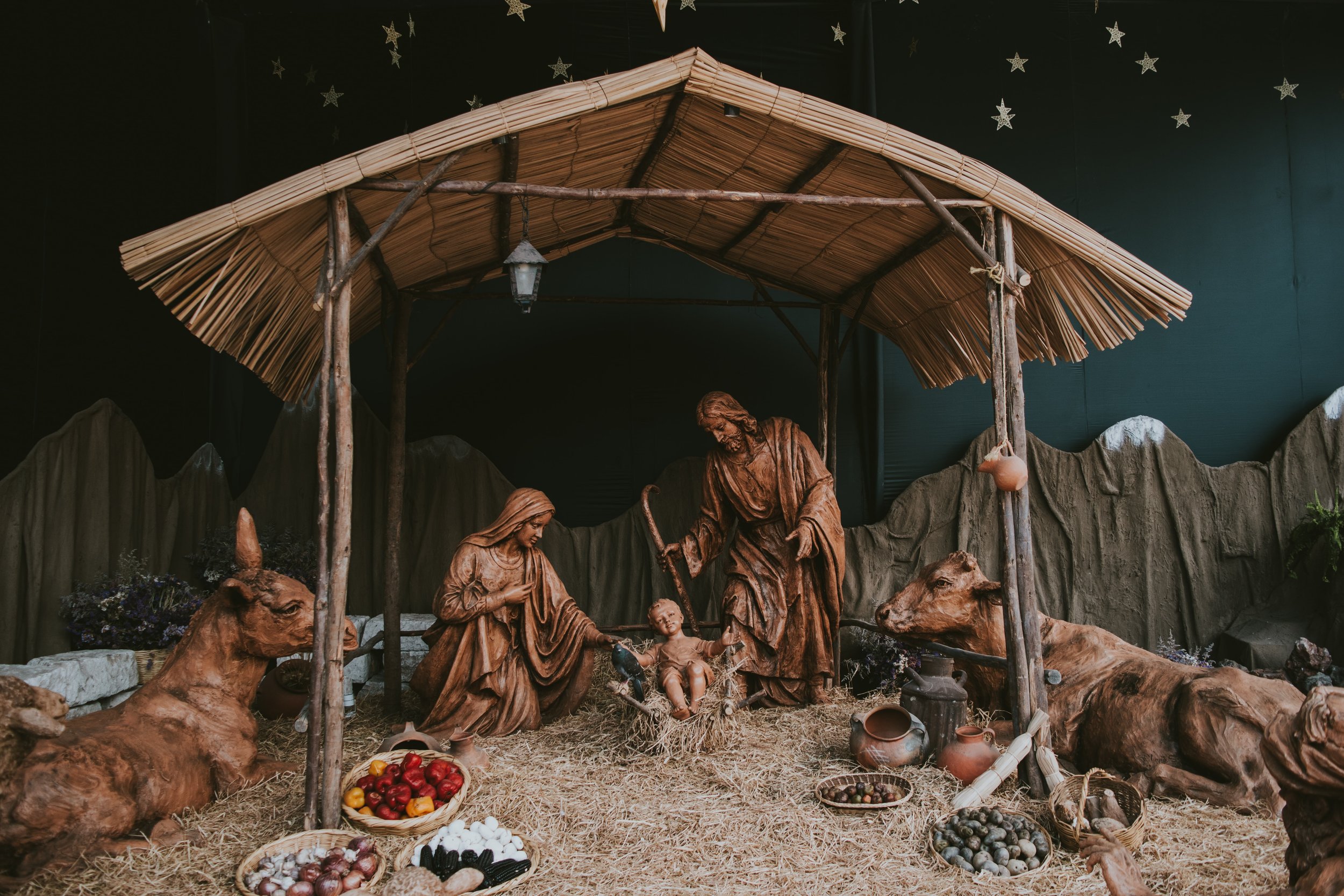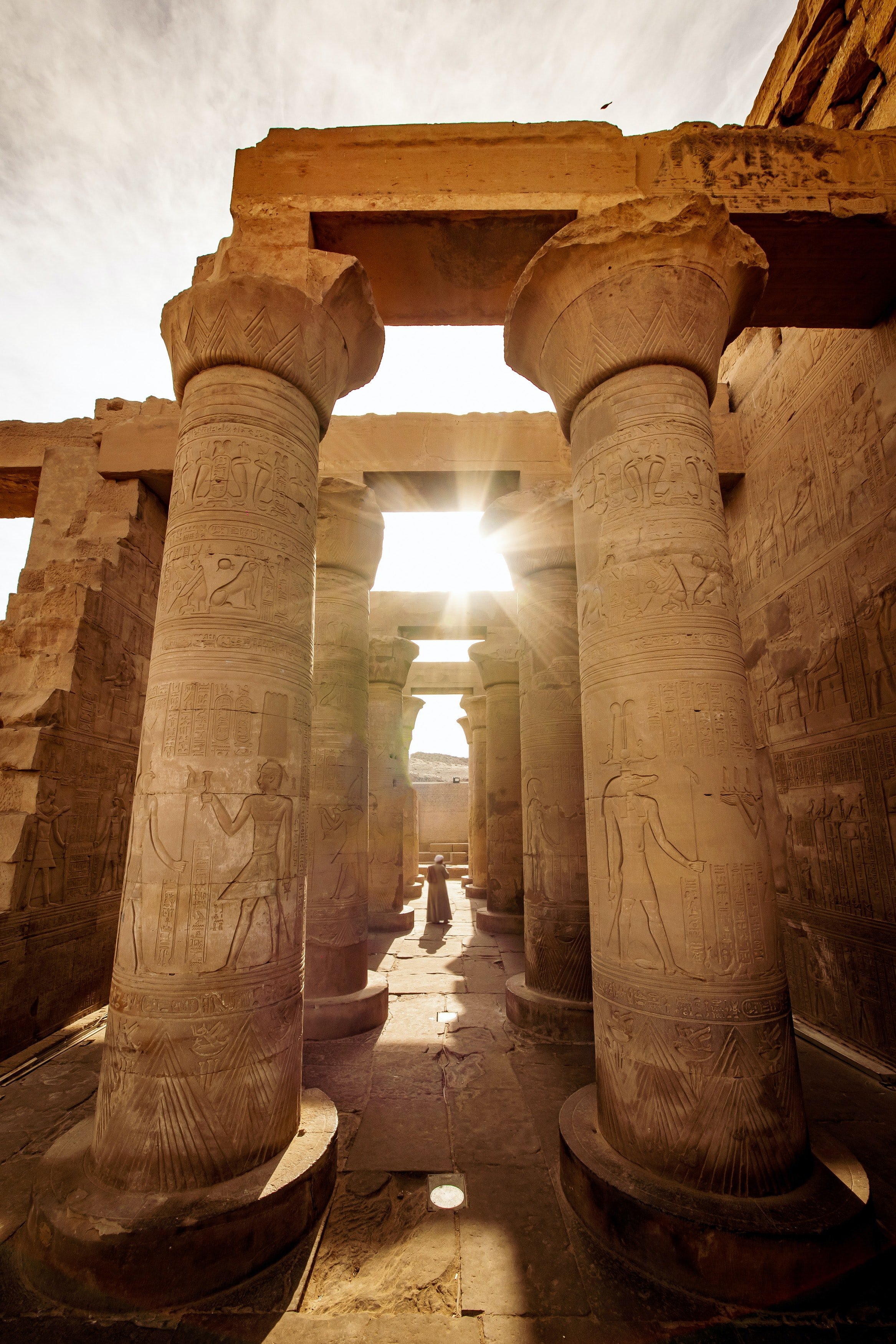Martin Thornton said of St. Anselm of Canterbury that he “occupies a place in English spirituality not unlike that of Chaucer in English letters. He is the father-founder who first brought all the essential elements together, who gave the school its clear character and stamp. In Anselm, English spiritual theology is embodied and potentially formed; formed as a young man who still needs to mature but who is no longer a child” (English Spirituality, 156). Anselm was a Benedictine monk who occupied the Archbishopric of Canterbury during the tumultuous period following the Norman Conquest at the end of the 11th Century. Like many in the English school of Catholic theology, his writings were imaginative if not always precise.
Read MoreIt is a gift to be able to create. As human beings, we have been given the ability to imitate our Creator by exercising and developing our creativity. God creates from the beginning, bringing out of what is formless and void, giving it design, structure, function, and purpose. We create out of what God has made and entrusted to us, ordering our little worlds after the order, or logos, by which He made the heavens and the earth.
Read MoreI was not always a Christian. In fact, I wasn’t baptized until I was 40 years old. Befitting someone whose family on his mother’s side could trace their lineage to the Pilgrims, a group who thought Calvin was too Catholic, my father was not a fan of infant baptism. On the other hand, Pappy, his paternal Grandfather, had emigrated from England and inherited from him that Anglican dislike of a firm position. The result of which was that I was to ‘make my own choice,’ which took a long, long time.
Read MoreHoo boy, we’re really in the weeds this time with the heresy of Sabellianism. I’m talking real ‘Inside Baseball’ stuff here with terms like Patripassianism, Homoousios and modalistic monarchianism’ being bandied about. But while such words are unfamiliar, once one learns the definition, they’re not such a problem. On the other hand, a far more important word in our discussion is one that is familiar to every Christian but one that doesn’t limit itself to an easy definition, rather it opens into further mystery, that of ‘Trinity’. But before we can really dig in we have to go back, way back to the dawn of civilization.
Read MoreIntroducing the first in a series exploring various heresies that have plagued Christianity throughout the centuries. Many of the tenants of the Faith which we now take for granted began as antidotes to these heresies. For example, the Nicene Creed was the result of the Church describing as best it could what it understood about God as Father, Son, and Holy Ghost. Now the Creed doesn’t define God explicitly, it basically says in essence, this is what we know, as limited as it is, about God and anything that strays outside the lines from this, is in error.
Read More





